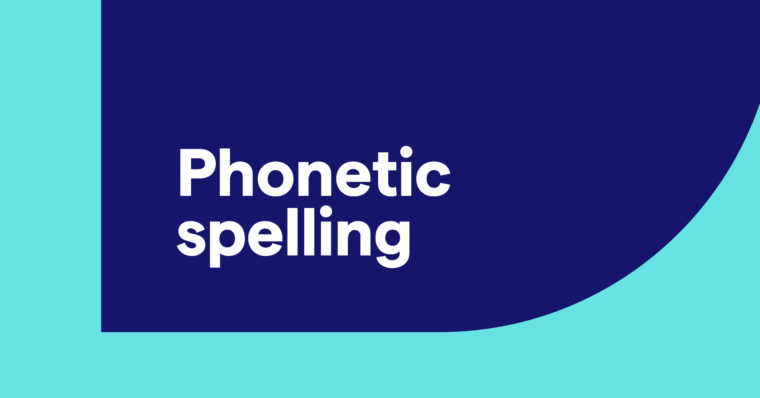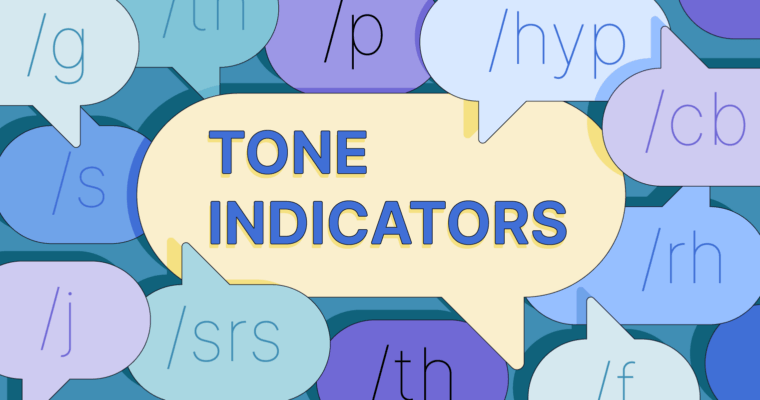
Anyone can have an opinion about a book (loved it, hated it, page-turner, total drag), but the ability to substantiate and evaluate that opinion is the work of literary criticism. Literary criticism is the interpretation, analysis, and judgment of a piece of literature. Not only is literary criticism an important form of cultural production, but learning how to read and write literary criticism can broaden your worldview and deepen your connection to writing and literature.
What is literary criticism?
Literary criticism is the interpretation, analysis, and judgment of a text. The purpose of literary criticism is to help a reader better engage with or challenge that writing. Good criticism deepens our understanding of literature and contributes to literature’s development over time. It’s also a great place to pick up some writing techniques of your own.
Despite its name, literary criticism is not just about being critical. It takes a lot of effort to write a book, and the job of the critic is not to (necessarily) tear that work down. The word criticism refers to an ability to analyze, form an opinion, and substantiate it with evidence—in other words, to think critically.
A typical structure for literary criticism begins with a summary of the text, examines its arguments, and ends with an evaluation. Many major news publications run literary criticism in their weekend editions. Critics writing for these publications are writing for a general audience, which makes their work an approachable introduction to literary criticism.
Literary criticism vs. literary theory
Literary criticism and literary theory are closely related fields, but they deal with literature on different scales. While literary criticism seeks to analyze specific works of literature, literary theory is concerned with literature on a philosophical level. Criticism asks questions like “What did the author intend to do with this book?” while theory asks questions like “What is the goal of literature?”
Another way to think about this difference is that literary criticism deals with a specific book (or set of books), while literary theory deals with broader concepts about books. Notably, the two fields often overlap. Literary theory is used to support literary criticism, and literary criticism can influence literary theory.
What are the different types of literary criticism?
Historical-biographical criticism
Historical-biographical criticism, sometimes referred to as traditional criticism, draws on an author’s biography to better understand and analyze a text. All matters of biography, including geography, race, class, gender, historical moment, and so on, can provide relevant information to the critic engaging in this kind of criticism.
Moral-philosophical criticism
Moral-philosophical criticism operates under the assumption that literature performs a certain ethical or moral role in society. With this in mind, moral-philosophical criticism analyzes texts based on their ethical merits and is typically written within the framework of a prevailing school of thought.
New criticism
New criticism engages solely with what the author has put on a page. It disregards outside context and emotional response and instead places an emphasis on form, structure, and the words themselves.
Reader-response criticism
Reader-response criticism is exactly what it sounds like: criticism based on the reader’s response to the text. This approach asserts that a reader’s initial reaction is valuable information for evaluation. While this approach is the most subjective, the critic is still required to substantiate their reaction using the text itself.
Criticism can also be anchored in broader fields of study, such as feminism, Marxism, and postcolonialism. Some common forms of literary criticism rooted in theory are:
Feminist criticism: understands a text through the lens of feminism and gender roles.
Sociological criticism: considers the political and social viewpoint of the author or characters within the text.
Psychoanalytical criticism: uses the psychological state of characters to interpret and analyze a text’s meaning.
Queer theory: analyzes a text through the angle of gender and sexuality.
Critical race theory: understands a text through the intersectional dimensions of race and culture.
Critical disability theory: understands a text through the lens of disability and analyzes societal structures that uphold ableism.
3 literary criticism examples
Last Train to Memphis: The Rise of Elvis Presley, reviewed by Margo Jefferson, The New York Times
In 1995, Margo Jefferson won a Pulitzer Prize for her work as a New York Times book critic. Among her winning articles is a review of the Elvis Presley biography Last Train to Memphis, by Peter Guralnick. Jefferson’s review is a tightly framed look at Elvis’s life and the author’s attempt to eradicate him from “the dreary bondage of myth and from the oppressive aftershock of cultural significance.”
Jefferson does not believe the author’s aim is achievable due to the deep entrenchment of Elvis in popular myth and the singer’s cultural significance. She offers this hypothesis up front and then substantiates her claim by summarizing the book and adding her own cultural context.
For instance, writing about Elvis’s brand of rock and roll, Jefferson notes:
“The elements weren’t new, and they had been put together before. (Think of Louis Armstrong and Bing Crosby; even the Mills Brothers and Ukulele Ike Edwards.) The proportions were new, though: the tempos were all-out fast and the tone was flat-out insolent. To some, rock-and-roll was as threatening as Communism and desegregation.”
As it turns out, Jefferson isn’t much of an Elvis fan, but by closely reading the biography, she is able to recognize and appreciate his place in culture. She concludes:
“Is he a great singer? To these ears, no. Is he a great performer? Yes and yes again.”
A reader of this review gains a deeper understanding of the main character (Elvis), an analysis of the author’s intentions, a critical contextualization of Elvis’s music, and Jefferson’s own judgment.
Afterlives, reviewed by Julian Lucas, The New Yorker
Julian Lucas’s review of Afterlives, by Abdulrazak Gurnah, is a great example of long-form historical-biographical criticism. Lucas uses Gurnah’s newest book to write a comprehensive profile of him: his life experiences, his previous novels, and his literary style. This background research allows Lucas to ultimately analyze Afterlives more deeply and situate it within the author’s entire portfolio.
An example of the biographical context that Lucas includes is:
“He was born, in 1948, in Stone Town, Zanzibar’s nineteenth-century capital, where his father traded in fish.”
An example of the historical context that Lucas includes:
“Zanzibar is a small island that is also a major crossroads for Africa, Asia, and Europe. It is one of the historic centers of Swahili civilization, a loose network of coastal societies stretching from Somalia to Mozambique, whose language serves as East Africa’s lingua franca.”
In this piece of literary criticism, Lucas not only introduces and evaluates the novel, but also familiarizes the reader with the author’s biography, the story’s geography, and the history of both.
“3 New Books in Translation Blend Liberation With Darkness,” by Lily Meyer, NPR
In this piece of criticism, NPR critic Lily Meyer introduces the reader to three new books in a relatively small amount of space. She begins by stringing all three books along a connective thread: They are all works in translation that “blend liberation with darkness,” as the headline suggests. This allows her to use a hypothesis about the books’ themes (i.e., liberation and darkness) as an anchor. Having a strong throughline allows a critic to cover more ground without losing the reader in the process.
Her review is divided into three sections, one for each book. In each section Meyer offers a close analysis of characters, plot, and tone. She also evaluates the books’ strengths and weaknesses and explains how each of those contributes to a reader’s experience.
Literary criticism FAQs
What is literary criticism?
Literary criticism is the interpretation, analysis, and judgment of a work of literature. Good literary criticism leaves its reader with a deeper understanding of the text, while great literary criticism gives its reader a deeper understanding of the world.
What is its purpose?
The purpose of literary criticism is to deeply engage with a work of literature in order to interpret its meaning, broaden its reader’s understanding, and mark the work’s position in cultural history.
What are the different kinds of literary criticism?
There are many different kinds of literary criticism, but four major kinds of literary criticism are:
- Historical-biographical criticism, which includes an author’s sociohistorical context.
- Moral-philosophical criticism, which evaluates a book’s moral messages.
- New criticism, which focuses on the formal uses of language.
- Reader-response criticism, which emphasizes a reader’s own reaction to the text.
Other types of literary criticism are framed by broad fields of research, such as feminist criticism, sociological criticism, and psychoanalytical criticism.






